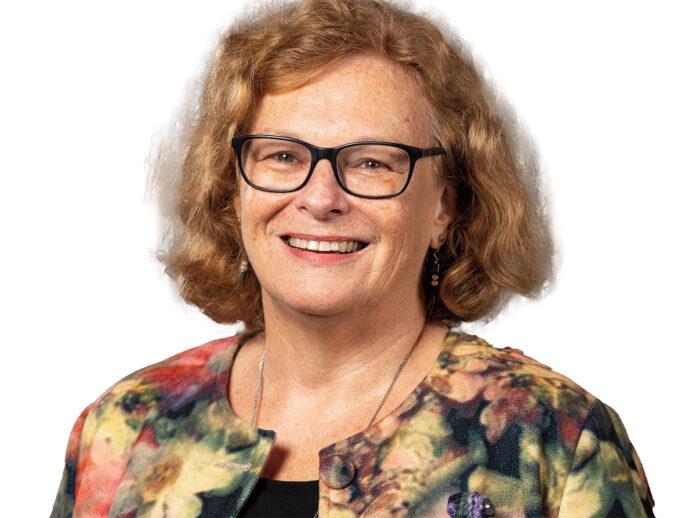Retirement Commissioner Jane Wrightson was one of the key invited speakers who addressed the Grey Power Annual General Meeting in Wellington earlier this year.
Wrightson, who was appointed in late 2022, cited the purpose statement for New Zealand’s retirement income system. The objective, she said, was to achieve a stable retirement income framework which enabled trust and confidence that older New Zealand residents could live with dignity and mana, participate and contribute to society.
“And they should enjoy a high level of belonging and connection to their whānau, community and country,” she said.
Wrightson told the AGM that a sustainable retirement income framework is to provide NZ Superannuation to ensure an adequate standard of living for
New Zealanders of eligible age, and actively support New Zealanders to build and manage independent savings that contribute to their ability to maintain their own relative standard of living.
She noted that the Review of Retirement Income Policies Triennial report released in December 2022 had a special focus: the impact of government policy on the retirement savings outcomes and experiences of Māori, Pacific Peoples, and women.
This touched on three key retirement topics, she noted, and the dominant issues were the ability of retirees to own their homes outright, longer life expectancy, and doing well.
“The missing narratives were that some older people struggle financially (even if homeowners),” she said. “As well there were the impacts of life shocks, with life expectancy for some being short. And there is an emerging narrative that many retirees are still renting or paying off their mortgages in retirement.”
Wrightson noted that women live longer than men and also suffered from an income gap. She also addressed issues facing Maori people in retirement. They tended to have a lower life expectancy after 65 years (70s not 80s) and a higher death rate between 50 and65 years (more than twice that of Pakeha), as well as lower net wealth.
She noted that 40 percent of individuals lived on NZ Super alone, with another 20 percent having minimal extra. As well, house prices in NZ were 8.8 times average household income, more retirees were renting or paying a mortgage, and NZ Super payment rates implicitly assume a person’s housing costs are minimal.
Wrightson said there would be a predicted 100 percent increase in pensioners paying rent by 2048. “The accommodation supplement helps, but there are barriers to access (cash asset test),” she said.
And “trading down” options were limited in real life, she added.

